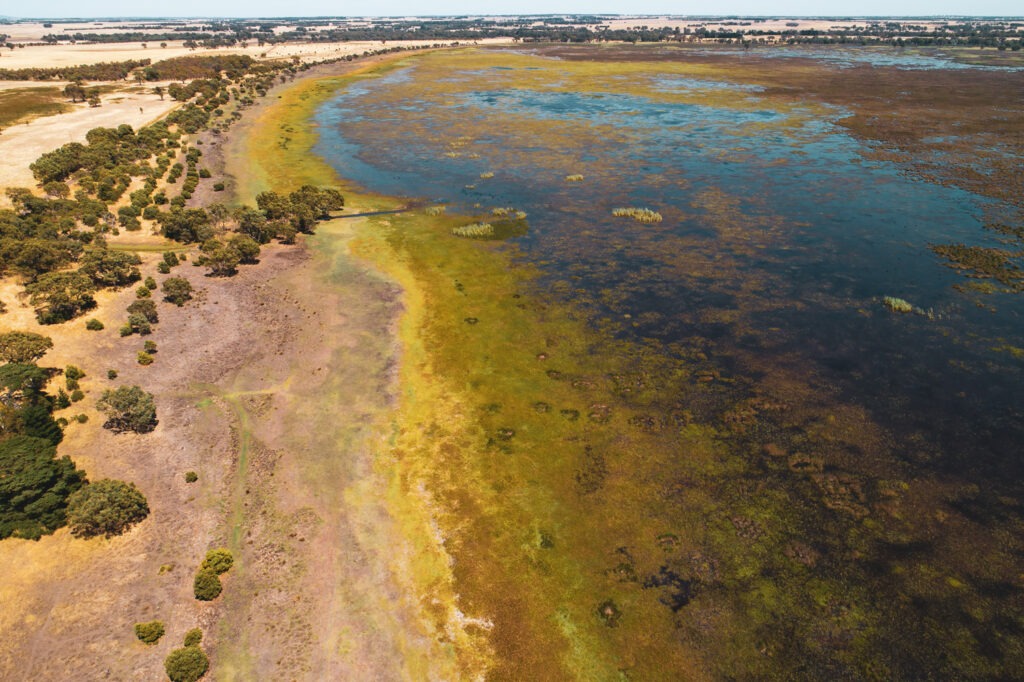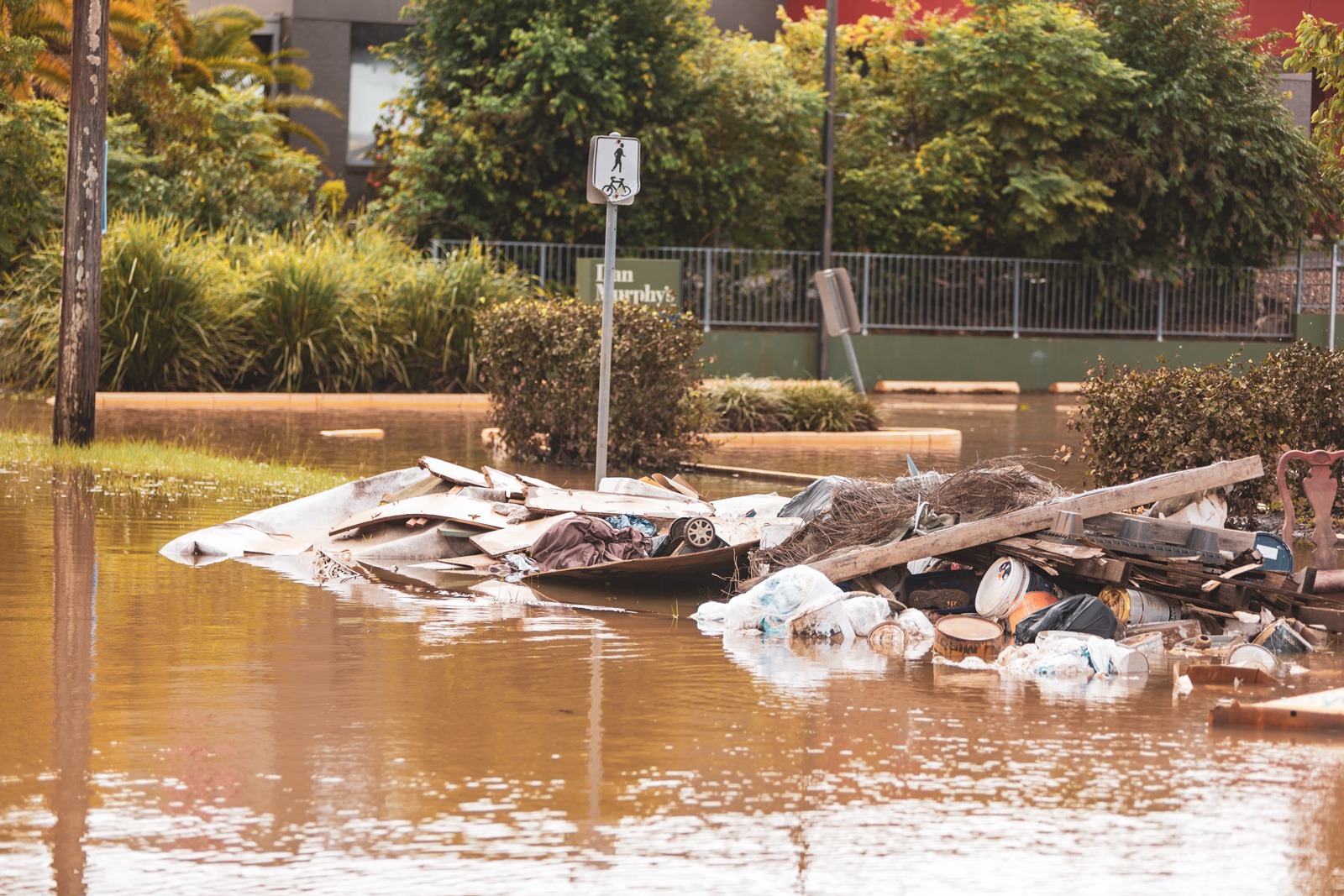Climate change is bringing its own challenges to antimicrobial resistance.
Professor Simon Reid, from the School of Public Health at the University of Queensland, is a keen advocate of One Health and understanding and improving interventions for wicked zoonotic disease problems at the human-animal-ecosystem interface, including AMR.
Prof Reid says more study of the impacts of climate change on AMR is needed, but some effects are almost inevitable. He notes that climate change is not causing natural disasters, but it is likely exacerbating them. This includes more frequent and more intense floods that will create potential problems including nutrient runoff, which can lead to algal blooms. Algal blooms have toxins that can kill animals and even humans – even small blooms create issues, as they can lead to ingestion of bacteria.
“The more runoff you have, the more likely you are to have zoonotic pathogens in surface waters,” Prof Reid says.
“So particularly in areas where people use surface water for irrigation, or they use surface waters for recreation, there is a greater risk of a protozoan parasite called Cryptosporidium, and the parasite Leptospira, which causes leptospirosis.
“This is all very much related to rainfall volume and runoff. You’re turning soil into mud, mud into runoff, runoff into contaminated water. Managing water flows is going to be quite an issue.”

The impact of increased flooding on human and animal health
Prof Reid says that farm animals’ feed would also be affected by more intense flood events, leading to health problems for livestock and impacting farmers’ mental health too.
Increased moisture from flooding will reduce the availability of good quality fresh grasses and hays. Beyond spoilage, concerns also surround fungal growth and its impacts, as some fungal infections can lead to illness, and even death, in farm animals.
“Anything that damages topsoil or damages crops will have a knock-on effect with livestock, certainly economically, because if you can’t feed them grass that’s growing, you’re going to have to pay to feed them hay or you’ll have to reduce the number of livestock you keep, which means selling them or slaughtering them for a loss.
“I think one of the things that people don’t take into account is the impact of these events on farmers and the stress that they suffer, particularly around animal welfare. Farmers get very upset when animals suffer.”
“
The more runoff you have, the more likely you are to have zoonotic pathogens in surface waters
Professor Simon Reid
Climate change, forced migration, and AMR
Prof Reid says issues around AMR and climate change will not be linear and that how people respond to climate change could impact AMR more than rising temperatures.
One potential issue for AMR and climate change that has not been considered in depth is the shift in populations.
Greater migration and depopulation of communities leads to an increased mixing of people. Anything that moves bacteria from one part of the world to another, including humans, will make problems worse globally.
“Movements in populations may not affect Australia as much because we already move and mix a lot,” Prof Reid says. “But it may affect countries that currently don’t have big AMR problems, for example because they’re relatively isolated.
“It’s hard to say if things will get worse, but it won’t get better. If you look at any other pathogens like viruses, for example influenza, essentially they more or less go everywhere in the world. I think climate change will just accelerate that move as people bring their organisms with them.”
Rebecca Thorpe is a journalist and communications specialist with decades of experience both in Australia and Europe.


